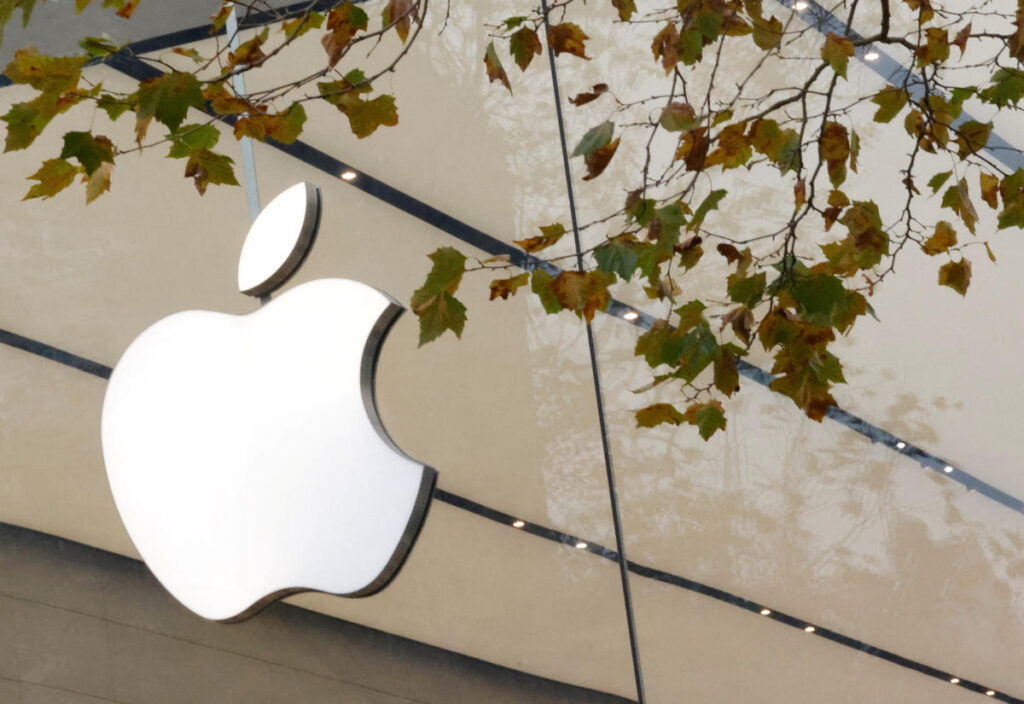
<span class=caption-credit> Reuters / Reuters</span>
Apple Ordered to Pay $502 Million to Optis in UK Patent Case
⚖️ Legal Update Alert
UK Court of Appeals orders Apple to pay $502 million to Optis Cellular Technology for patent infringement, with total compensation exceeding $700 million
Table of Contents
Case Overview
In a landmark ruling, the UK Court of Appeals has ordered Apple to pay $502 million to Optis Cellular Technology LLC for patent infringement. The Texas-based company, often described as a “patent troll,” successfully argued that Apple had improperly used its cellular technology patents in iPhones and iPads.
Patent Details
Key Events:
- 2019: Lawsuit filed in London courts
- 2023: Initial ruling of $56 million
- 2025: Appeals court increases award to $502 million
The case centered around patents governing cellular technology, including 4G, which Optis claims were improperly used in Apple’s devices. The court found that Apple’s significant market position had led to unfair licensing practices.
Legal Implications
The ruling sets a significant precedent in patent law, particularly regarding the valuation of intellectual property in the tech industry. The court’s decision to increase the compensation from $56 million to $502 million reflects a growing recognition of the true value of technological patents.
This case highlights the increasing scrutiny of tech giants’ patent licensing practices and the importance of fair compensation for intellectual property rights holders.
Industry Impact
The ruling could have far-reaching implications for the tech industry, potentially leading to:
- Higher patent licensing costs for major tech companies
- More aggressive patent enforcement by rights holders
- Increased scrutiny of patent valuation methods
- Potential changes in patent acquisition strategies
Future Outlook
Key Developments to Watch:
- Apple’s planned appeal of the decision
- Potential impact on other ongoing patent cases
- Changes in patent licensing strategies
- Industry response to the ruling
This ruling represents a significant shift in how courts value technological patents and could reshape the landscape of intellectual property rights in the tech industry. The case’s outcome may influence future patent disputes and licensing negotiations across the sector.
As of publication, Apple has announced plans to appeal the decision, while Optis has vowed to defend its intellectual property rights. The tech industry will be closely watching the developments in this case, as it could set important precedents for future patent disputes.





